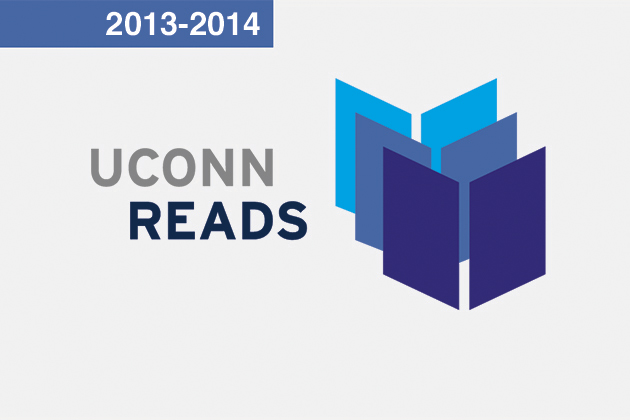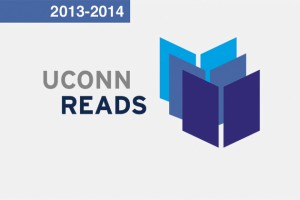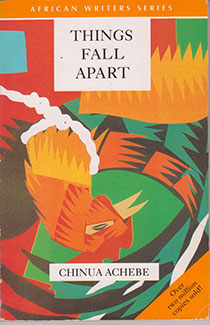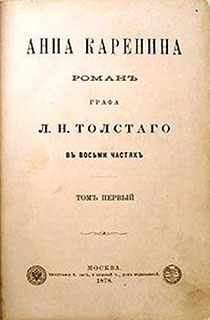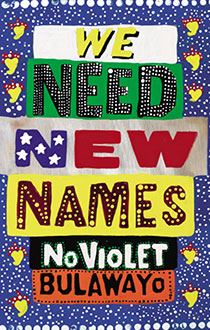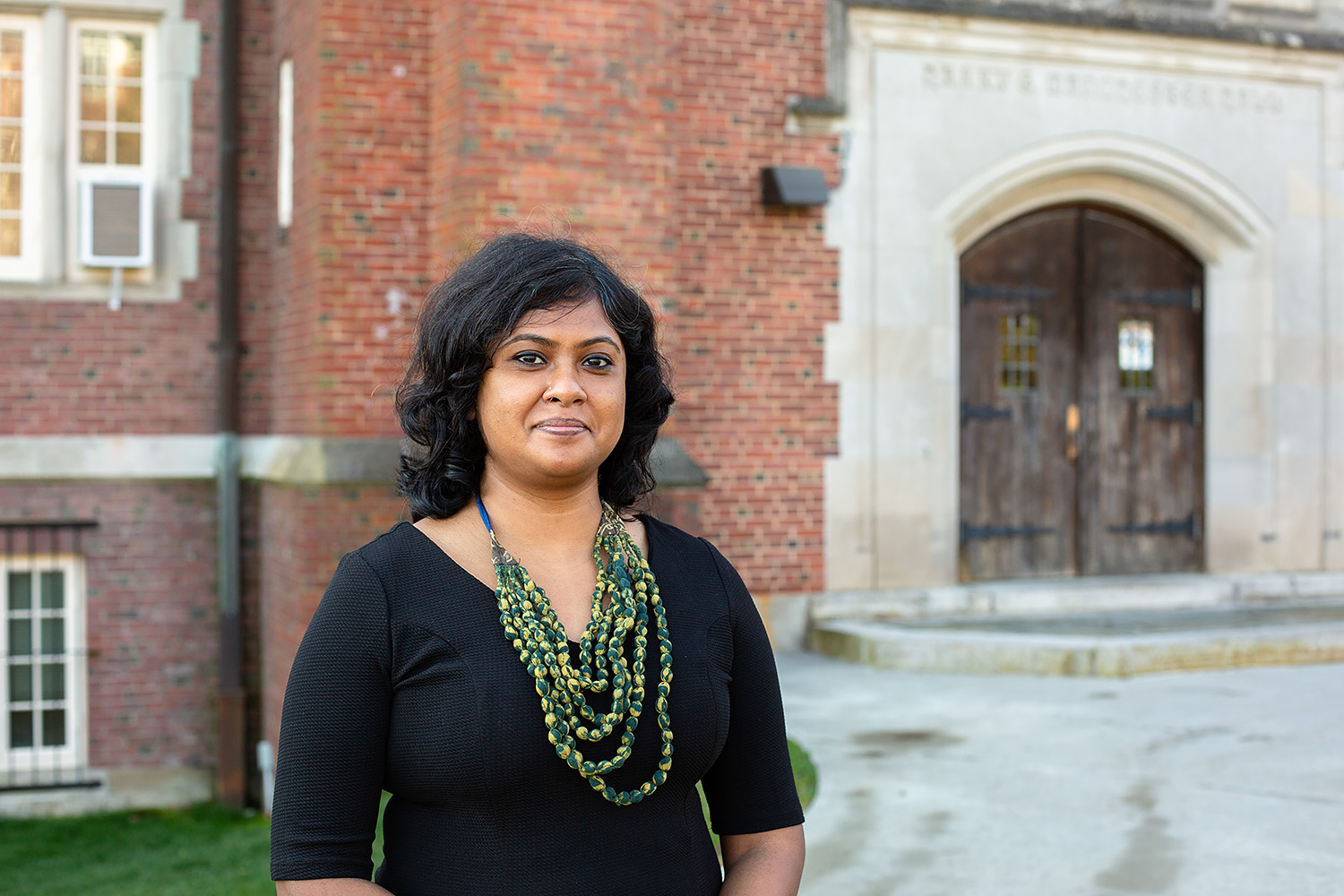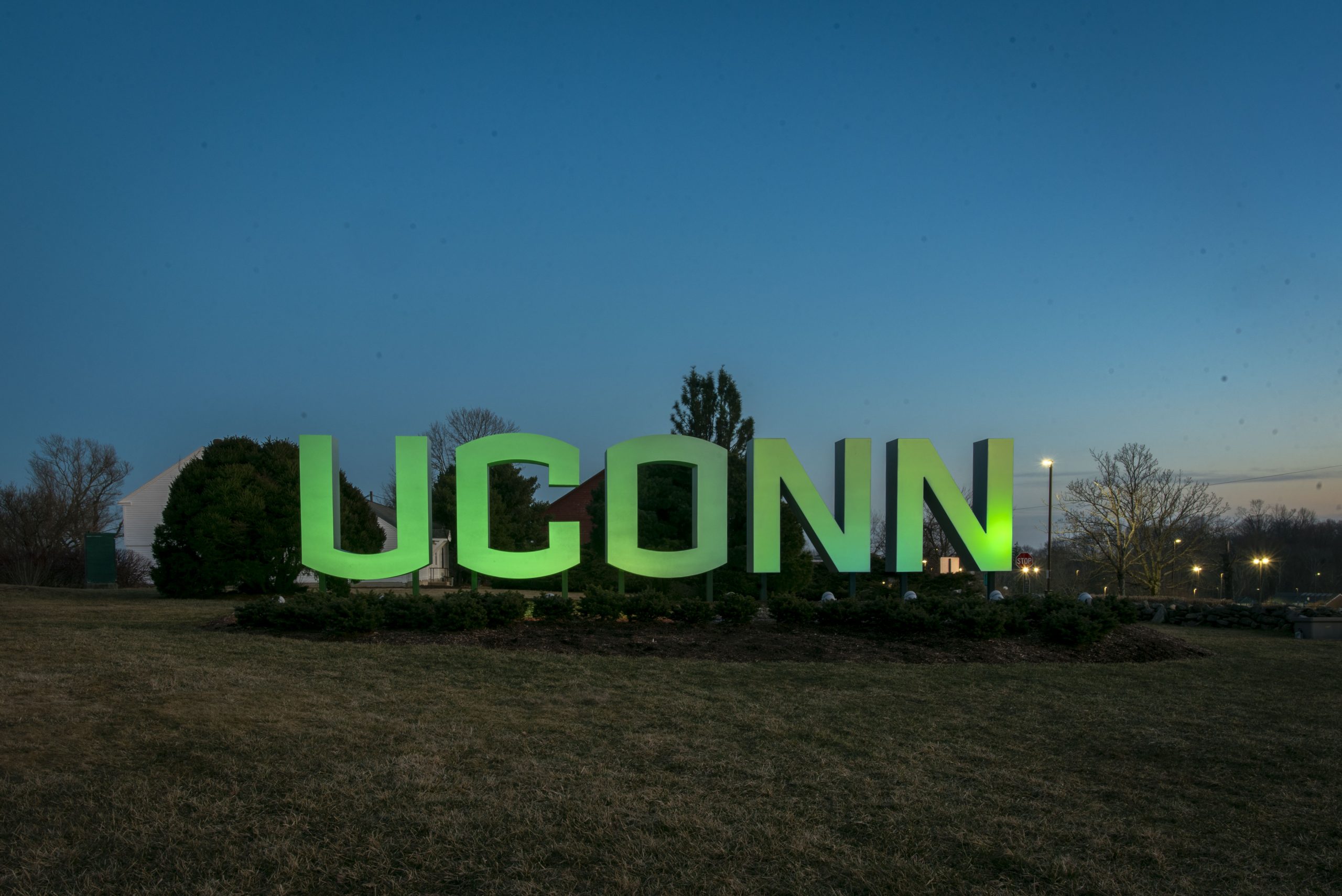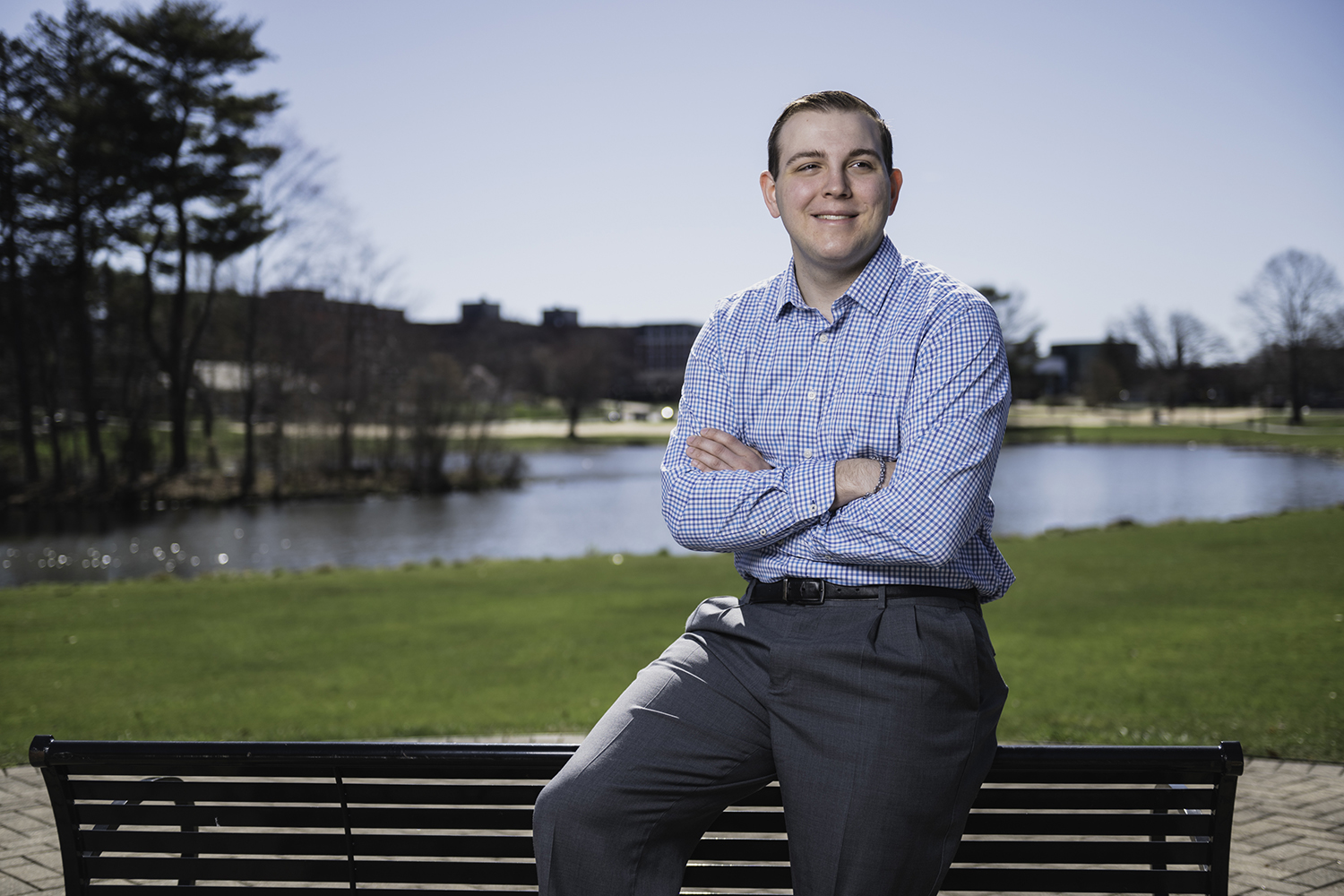Someone – there’s disagreement as to who – once said that “All great literature is one of two stories, a man goes on a journey or a stranger comes to town.” To that, I’d like to add a third: “things fall apart.”
Although the phrase comes from William Butler Yeats’s poem “The Second Coming” –
Turning and turning in the widening gyre
The falcon cannot hear the falconer;
Things fall apart; the centre cannot hold;
Mere anarchy is loosed upon the world.
– it calls to mind more immediately the African writer Chinua Achebe’s great novel Things Fall Apart.
Chinua Achebe, who died earlier this year, published Things Fall Apart in 1958 and used Yeats’s poem as an epigraph to his novel. Things Fall Apart tells the story of Okonkwo, a powerful and respected leader of the Igbo people of Southeastern Nigeria (fictionalized as the Ibo people in the book). Okonkwo has a troubled family history, and he must grapple with the impact of that history as he faces inter-clan conflicts, the machinations of colonial officials, and the interventions of missionaries.
Things Fall Apart provides a powerful rebuke to the depiction of Africa in Western literature as dark, primitive, or savage. The subtleties and complexities of culture and language, the harrowing effects of evangelization and colonialism, are explored in a story that is as emotionally gripping as it is politically pointed. Although the novel is threaded through with Igbo words and concepts, Achebe wrote in English because he saw the book’s audience as British and, ultimately, international, not exclusively local or even Nigerian.
I read Things Fall Apart many years ago for a college class, and it was one of those books through which reading becomes a revelatory experience. I felt my ideas change and expand in the act of reading. In my naïveté, I had never imagined the possibility of an African literature like this. In considering Things Fall Apart for UConn Reads, I suppose part of me wants to share this experience with UConn students; with Achebe’s death this year, this also seems like an appropriate moment to celebrate his great book, a true classic of world literature.
Since that maxim about fiction being one of two stories is sometimes attributed to Leo Tolstoy, this is an opportunity to consider his novels as well, since both War and Peace and Anna Karenina have been nominated for UConn Reads. As magnificent as they are, both books may be too lengthy for a community reading project, but I’ve decided that this is my excuse to reread Anna Karenina anyway.
Anna Karenina is truly a novel of extraordinarily momentous journeys, of people coming and going to town – no wonder Tolstoy gets credited with that saying – and of things falling apart, a balance that can’t seem to hold.
I was up early yesterday morning reading the book, and Yeats’s phrase “mere anarchy” kept popping into my head as I was reading. It’s a beautiful, confounding phrase – how can anarchy, which is by definition total and radical, ever be “mere”? And yet the first line of Anna Karenina evokes this idea, in an emotional sense – “Happy families are all alike; every unhappy family is unhappy in its own way.” As Tolstoy goes on to explore the emotional and social fallout of various infidelities, the effects are both momentous and yet somehow ordinary, small even. It is the novelist’s attention, his scrupulous, interwoven observations of inner and outer detail – that oyster dinner in Chapter Ten – that builds the sense of momentousness.
Another book that’s on my mind right now is a novel recently nominated for the Man Booker Prize, We Need New Names: A Novel (2013), by Zimbabwean novelist NoViolet Bulawayo. I haven’t begun to read it yet, so can’t report myself on it, but it is the story of a young girl who lives in a shanty town with her friends and longs for Before, the almost mythic time when she lived in a house, safe and secure with her family. This girl, Darling, emigrates to the United States, but finds her options here surprisingly limited. Another novel of comings and goings – a child going on a journey, a child coming to town. And of things “falling apart.” I’m eager to read it and wonder if, 50 years or so from now, we’ll think about We Need New Names in the same way as Things Fall Apart or Anna Karenina, as a classic of world literature?
To nominate a book for UConn Reads, please go to http://uconnreads.uconn.edu. Nominations close Aug. 1.
